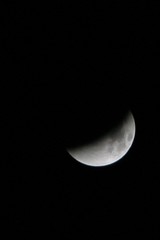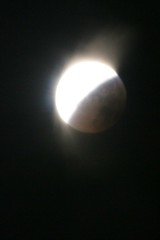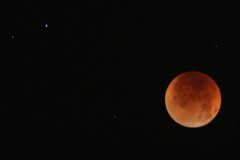To the Moon!
Four years ago, President Bush decided to give NASA a billion dollars in funding over the next five years to get the United States to return to the Moon by 2020. The first step in all of this is to create a rocket to take the astronauts there, so it's up to a new generation of engineers to create these machines to send people to the Moon. Their new rockets are called Ares, and they've got just one little flaw: the rocket could shake violently during the first few minutes of flight, possibly destroying the entire vehicle.
I find it interesting that 30 years ago, we were able to build rockets with 60s/70s era parts that were durable enough to withstand launch, yet with modern technology, blasting-off may as well be blasting apart.




